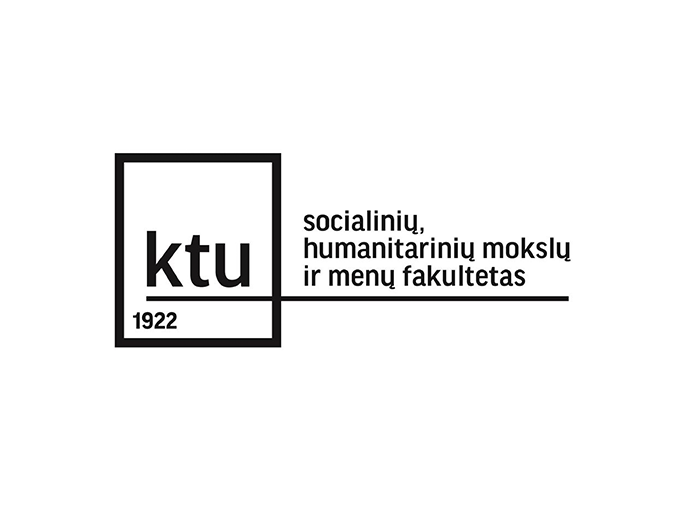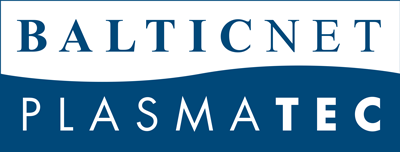Kaunas University of Technology
Address
K. Donelaičio St. 73
LT-44029 Kaunas
Lithuania
Contact
Contact person: Prof. Dainius Martuzevicius, Dr Inga Stasiulaitiene
Phone: +370 3730 0180
Fax: +370 3732 4144
Website

About the Kaunas University of Technology
Kaunas University of Technology (KTU), established in 1922, has developed a great capacity for studies and research and is now a leading technological university in Lithuania focusing its activities on enhancing the quality of human life and acceleration of statehood development. KTU is situated in Kaunas, the second largest city of Lithuania and a significant center of industry, transport, science and culture. KTU has 13 faculties (including 2 in Panevėžys city), 73 departments, 28 centers, 6 institutes and 15 research labs, 12 research institutes with 8 centers and 19 research labs, International Studies Centre, 2 research centers, 21 administrative auxiliary department, library and museum.
Being one of the most dynamic schools of higher education in Lithuania KTU offers six main fields of study: technological, physical and social sciences, arts, humanities and biomedicine.
KTU is famous throughout the world for its breakthroughs in ultrasound, organic chemistry, mechatronics, system diagnostics, environmental engineering and in many other fields of science. KTU is a founder of 2 integrated Science, Studies and Business Centres (Valleys): SANTAKA and NEMUNAS.
The University successfully implements European research programmes and closely collaborates with domestic and foreign industry sectors, having the largest number of research contracts with business among Lithuanian universities. In 2008-2012, researchers of the University carried out 38 projects under the Seventh Framework Programme (FP7), 16 EUREKA projects; 4 EUROSTARS projects and 41 COST actions, published over 1500 articles referred in Thomson Reuters Web of Knowledge database with citation index. In 2012 KTU Innovation and Entrepreneurship Centre (IEC) was established. IEC mission is to assist researchers to mature R&D based business ideas, protect University; Intellectual property and to build collaboration between research & business.
Department of Environmental Technology
The Department of Environmental Technology originates from Department of Urban Sanitation established in 1940 at Kaunas University. Most of environmental studies at Kaunas University of Technology are represented by Department for Environmental Technology. The main research areas include ambient and indoor air processes, water and wastewater treatment, solid municipal and hazardous waste management. In the field of plasma, department offers:
- Development of DBD reactors for the composition of organic pollutants in water
- Development of DBD reactor for treatment of ventilation air exhaust
- Research on aerosol formation in plasma processes
- Sustainability assessment (life cycle, cost-efficiency) of plasma processes
Institute of Materials Science
The activities of the Institute are permanently directed toward scientific research and applied works, development of new advanced technologies. It makes possible to carry out research in the fields of solid-state physics, surface analysis, microelectronics, materials science and chemical analysis. The main research areas are:
- Nanotechnologies: thin films and surface engineering (physics and applications); application of ion and plasma methods for formation of nanostructures and nanomaterials
- Optical document security: micro optical elements, interference filters; development of new materials and structures
Being part of Open Access Center the Institute offers services, facilities and technologies:
- Traditional technologies of thin film deposition like vacuum evaporation (electron beam, thermal), magnetron deposition, plasma spray, RF plasma enhanced CVD as well as DC ion beam synthesis
- Dry etching capabilities including reactive ion etching and direct ion beam etching
- Microlithography equipment such as mask alignment and UV exposure systems can be applied for formation of different microstructures; Laser interference lithography
- Imprint lithography and replication technology including Ni shim production
- Laser interferometry, electronic speckle pattern interferometry combined with the microtensile equipment for studies of mechanical properties of thin films and microstructures
- Grating light reflection spectroscopy
- Surface analysis techniques including XRD, SEM, AFM, ESCA, X-ray fluorescense, laser ellipsometry, UV, visible and IR spectroscopy
- Electrical characterization including four probes measurements, I-U, C-V measurements, impedance spectroscopy
- Mechanical properties analysis including Rockwell testing, microhardness as well as computer controlled scratch testing
- Femtosecond laser microfabrication and pump probe spectroscopy system
Department of Physics
Founded in 1993 when the Departments of Mathematics and Physical Sciences were joined together. Research fields, among others, cover:
- Active gas plasma interaction with the solid surface
- Phenomena in heterostructures
- Thin films physics and technology


